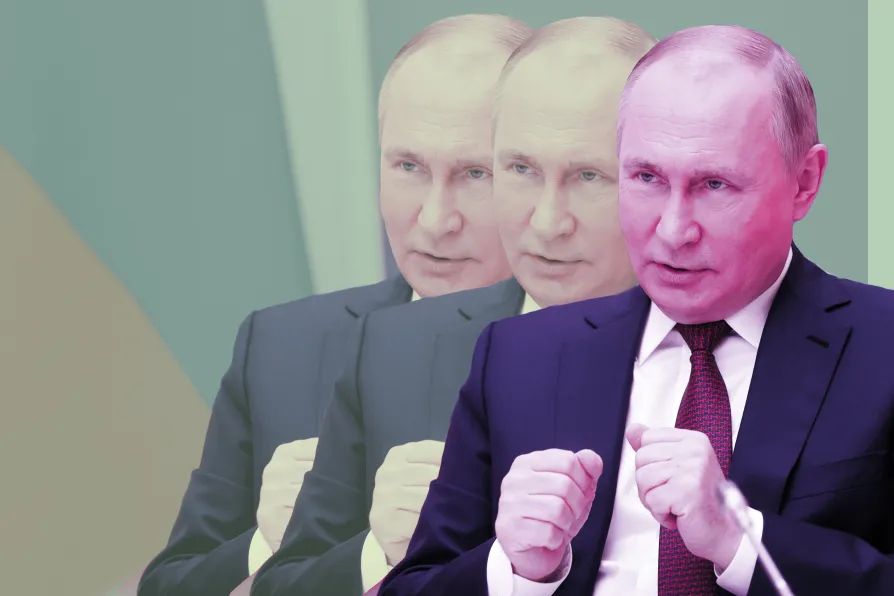Labour prospects in May elections may be irrevocably damaged by Birmingham Council’s costly refusal to settle the year-long dispute, warns STEVE WRIGHT

 At one level, the current hostilities in Ukraine are about that country seeking to protect its existence from Putin's aggression — but at another level, the involvement of Nato, controlled by the US suggests another conflict alarmingly similar to that which led to WWI.
At one level, the current hostilities in Ukraine are about that country seeking to protect its existence from Putin's aggression — but at another level, the involvement of Nato, controlled by the US suggests another conflict alarmingly similar to that which led to WWI.
A RECENT comment by Vladimir Putin that he was being cancelled in the same way that JK Rowling claims to be caused much social media comment. Of course neither individual is short of media outlets to carry their often controversial thoughts.
Putin’s main audience for the comment however was not Twitter users in Britain, but a domestic one. Russia under his leadership is hostile to any display of sexuality that is not heterosexual. It is unfortunately very far from the only country to take this approach but Putin was making a comparison with what he sees as a more tolerant Western Europe.
However, the reference to JK Rowling was interesting because it underlined the hypocrisy of Putin’s perspective. He contrasted Russia with a “decadent” West but he and the very wealthy men and women who support him are often to be found as significant players in property, business and Tory politics in London. The current focus on Russian “oligarchs” in Britain, which sometimes verges on Russophobia, reflects the point.

Western nations’ increasingly aggressive stance is not prompted by any increase in security threats against these countries — rather, it is caused by a desire to bring about regime changes against governments that pose a threat to the hegemony of imperialism, writes PRABHAT PATNAIK

In the first half of a two-part article, PETER MERTENS looks at how Nato’s €800 billion ‘Readiness 2030’ plan serves Washington’s pivot to the Pacific, forcing Europeans to dismantle social security and slash pensions to fund it

Speaking to a CND meeting in Cambridge this week, SIMON BRIGNELL traced how the alliance’s anti-communist machinery broke unions, diverted vital funds from public services, and turned workers into cannon fodder for profit











